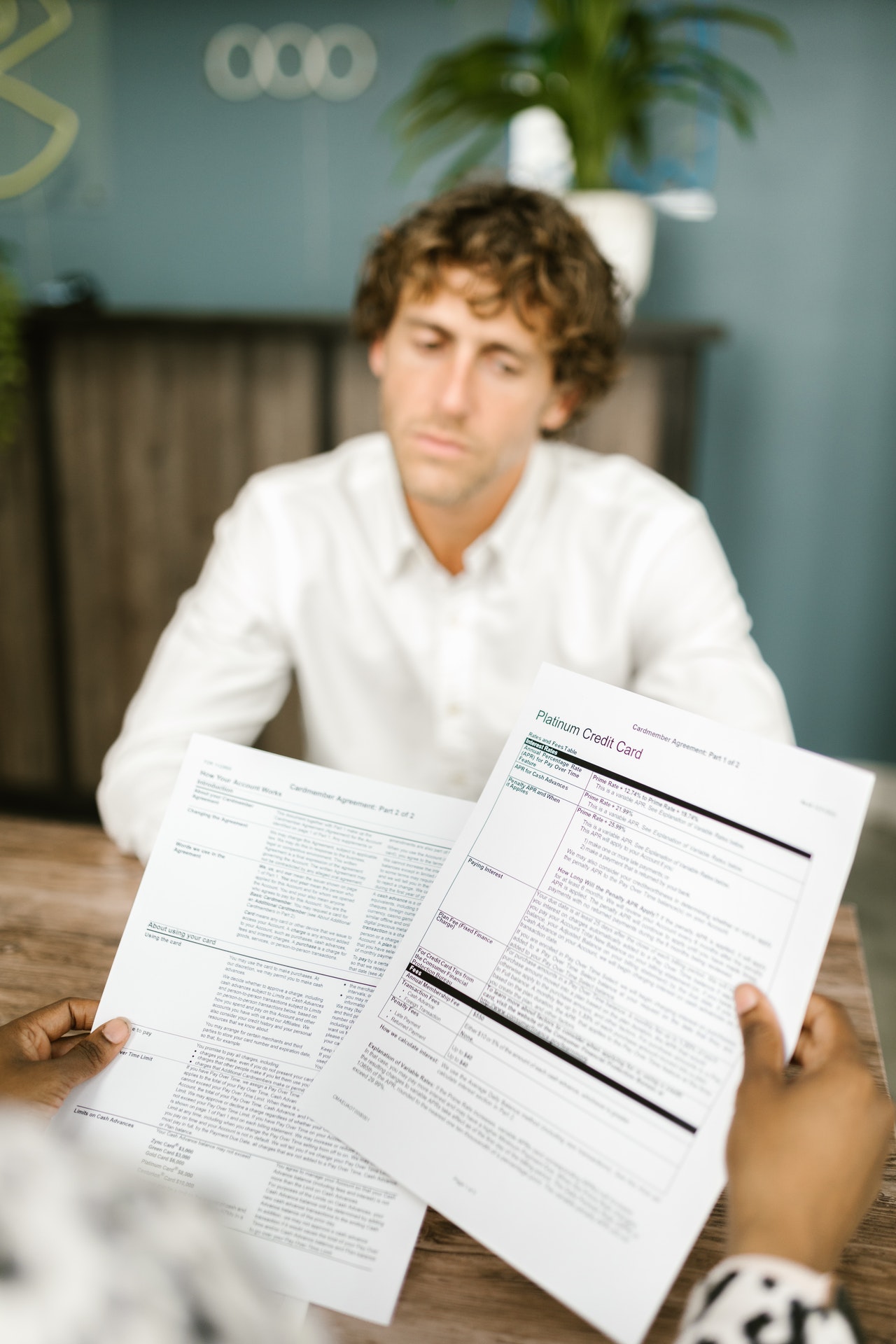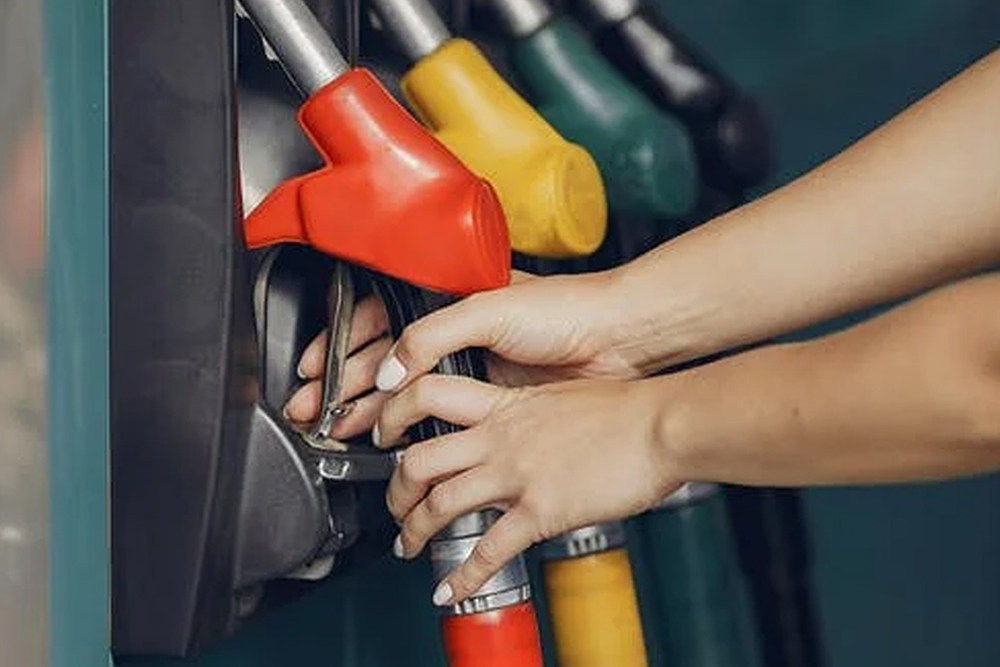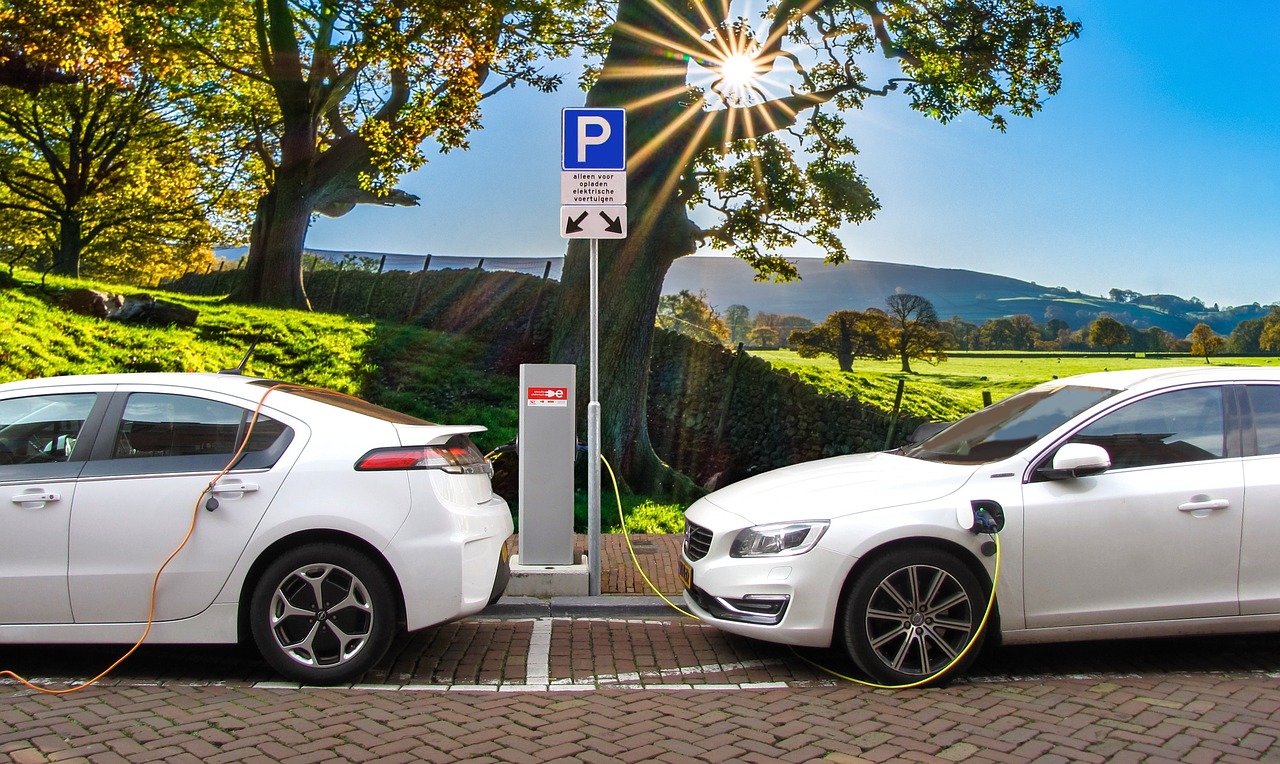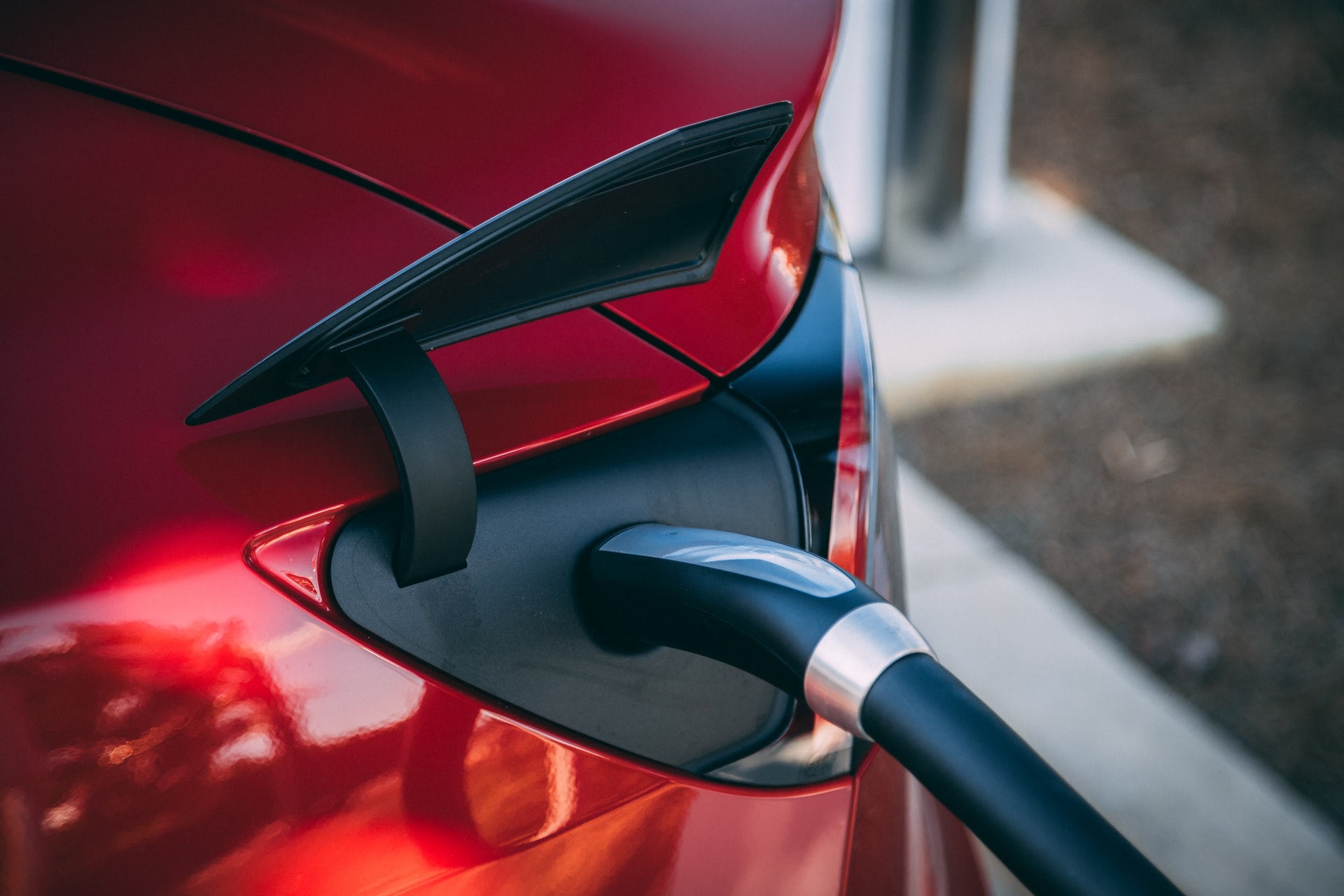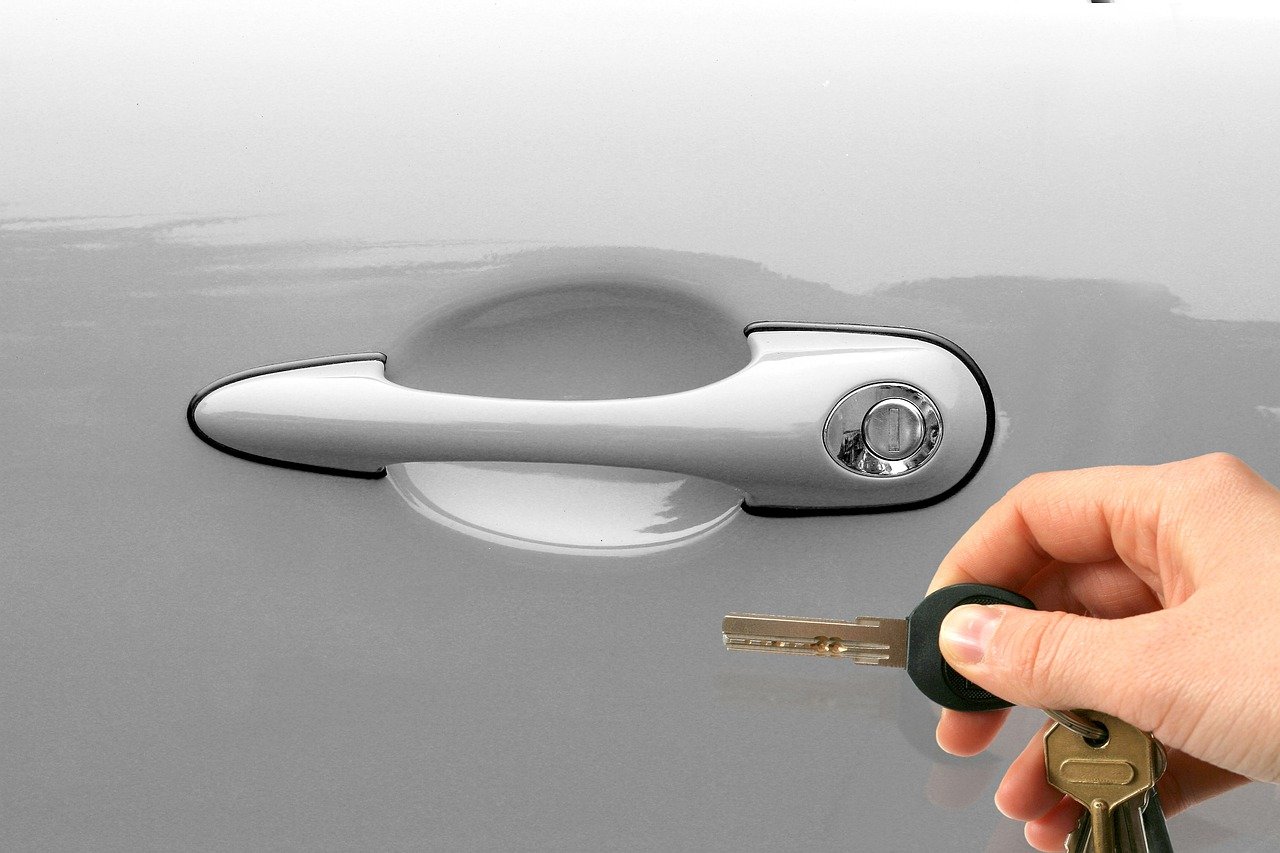

Roman Danaev
When you're thinking of getting a new car, figuring out the best way to pay for it can be a bit of a puzzle. If you’re a business owner, buying outright isn’t always an option, and taking out a bank loan often comes with high interest rates and strict rules that can feel like a hassle.
So, what’s the alternative? For many, the answer is a car lease or a PCP (Personal Contract Purchase) deal. With leasing (or PCH—Personal Contract Hire), you’re essentially renting the car long-term, while PCP gives you the option to buy the car at the end of the agreement. But which one actually makes sense for you? Let’s dive into both options to help you make a confident choice.
What is leasing?
Leasing lets you drive a car without buying it outright. In a lease, the leasing company buys the car you want and lets you use it for a set period. You’ll choose the vehicle, and throughout the lease term, you’ll make payments covering its value plus a leasing fee.
By the end of the lease, once all payments are complete, ownership can pass to you. Unlike a loan, leasing doesn’t require collateral, and spreading payments over time keeps them manageable, making it a flexible way to budget for a car. Leasing blends the benefits of long-term rental with financing options, giving you flexibility and control over your expenses.
Remember, though, you won’t own the car until the lease ends, and any final payment is made. Until then, the leasing company technically remains the owner.
Find car finance deals with the best rates!
Get a quoteWhat is PCP?
A Personal Contract Purchase, or PCP, is a way to get a car without paying the full price up front. It’s a popular option if you’d like low monthly payments and the flexibility to switch to a new car every two to three years.
Here’s how it works: you put down a deposit, agree to a contract for a set number of months, and make monthly payments. When the contract ends, you have three choices—return the car, keep it, or trade it in for something else.
To start a PCP deal, you’ll typically pay a deposit, usually around 10% of the car’s price. The bigger the deposit, the less you’ll need to borrow, which can mean lower monthly payments. Some PCP options don’t require a deposit at all, but these can be harder to find.
The amount you borrow depends on how much value the car is expected to lose over the contract period (usually two or three years), minus your deposit. You’ll pay off this amount, plus interest, over the term, so you’re not covering the car’s full price.
One important tip: look at the APR (annual percentage rate) to understand the true cost, as it includes all interest fees. Dealers are required to show the APR, so if you don’t see it listed, don’t hesitate to ask.
Difference between pcp and a car lease
So what are the differences between the two car buying schemes? We have prepared a table with a simple and clear explanation of the advantages and disadvantages of both approaches.
| Personal contract purchase | Lease | |
|---|---|---|
| Deposit required | Yes | Yes |
| Fixed monthly payments | Yes | Yes |
| Interest charged on repayments | Yes | No |
| Mileage allowance | Yes | Yes |
| Maintenance package | Yes | Yes |
| Depreciation risks | No | No |
| Charges for excess wear and tear | Yes | Yes |
| Balloon payment | Yes | No |
| Secured against an asset | Yes | Yes |
| Own the car outright the term | No | No |
| Early pay off charges | Yes | Yes |
| Available Cars | Any | Any |
| Mileage | Limited | Limited |
| Secured Against an Asset | Secured | Secured |
1. Available cars
For both PCP and car leasing, nearly any car you want is available. Just remember that with car finance, you typically can’t customise the colour or add special options. Otherwise, car dealers offer a wide variety to suit different tastes.
With PCP, you can usually choose any car available on the UK market. If you’re a new driver or have a less-than-perfect credit history, you might face some restrictions with premium models. However, for most, there’s a clear path to finding a car that fits your style and budget.
Some leasing companies may limit the selection to specific cars offered by their network of dealers. While these companies focus on the best deals, you’ll still find popular brands like Volkswagen or Toyota in their line-up. And, now and then, you might even come across an option like a Tesla!
2. Monthly payments
For both PCP and leasing, your monthly payment will depend on several factors, including your deposit, credit history, and the dealer’s rate.
First, you’ll make a deposit, usually about 10% of the car’s price. Then, your monthly payment is based on how much the car’s value is expected to decrease over the contract. You’ll pay this amount with interest, typically between 4% and 7%.
Leasing plans often use terms like “6+35” or “3+23.” These figures are straightforward: the first number shows the down payment in months, while the second is the number of instalments. So, for a “6+35” plan, you’d make an initial payment equal to six monthly payments, followed by payments for another 35 months.
3. Do I own the car?
Whether you want to own the car at the end of your contract depends on your choice between PCP and leasing, as each option works differently.
With PCP, you have the option to own the car once the term ends. To make it yours, you’ll need to make a final “balloon” payment, also called a guaranteed minimum future value (GMFV). This amount is agreed upon when you sign the contract, so you’ll know upfront what it’ll cost to keep the car.
With leasing, however, ownership isn’t an option. Even though your name will appear as the main user on the registration, the car stays with the leasing company. Once the lease ends, you’ll return the car to the provider.
4. Mileage
Your mileage may be limited depending on whether you choose PCP or leasing.
With PCP, you’ll have a set mileage limit. Some PCP plans let you include maintenance and service in your monthly payments, as long as you stay within your annual mileage allowance. Stick to the limit and keep wear and tear to a minimum, and you can avoid any extra costs.
Leasing also comes with a mileage limit. When choosing your car, you’ll estimate the yearly mileage you need, which will affect your monthly payments. The higher your mileage allowance, the more you’ll pay each month.
5. Budget
Knowing your monthly costs is essential, and both PCP and leasing give you options to find a car that suits your budget, making it easier to plan for car expenses.
With PCP, it’s possible to keep your payments under £300 per month. While this won’t get you a high-end car, you can still find reliable models like Ford or Renault. When funds are tight, it’s a solid choice, don’t you think?
Leasing offers flexibility too—you can lease anything from a premium model to a mid-range car. Your monthly payment will depend on your deposit and the lease term, so there’s a way to find options that work for nearly any budget.
6. Flexibility
Flexibility is a key benefit of both leasing and PCP deals, giving you options to adjust terms and choose from several end-of-contract choices.
You have a range of options. You can repay the car’s value before the contract ends, choose from three end-of-term options, or adjust your monthly payment based on your needs.
You can also choose between a personal or business car rental agreement. Since you’re not the car’s owner during the lease, you have added flexibility—meaning after two to four years, you can simply switch to a new car without the hassle of extra paperwork.
7. Early termination
Life happens, and sometimes you might need to end your car contract early—whether due to a change in finances or simply because you’re ready for a new car. Thankfully, there are options.
You can end your agreement early, but be aware that it may come with extra costs. You’ll likely need to cover the remaining balance on the contract, which means paying off the car’s current value at the time of termination.
Your provider is required to support you with early termination, regardless of the reason. If you find yourself unable to afford the lease or want a different car, you can close the contract early, though an additional fee may apply.
8. Deposit
Both PCP and leasing agreements require a deposit. Here’s what you can expect.
Generally, the dealer will ask for about 10% of the car’s value as a deposit. If you can pay more upfront, it reduces your monthly payments and shows the dealer you’re financially reliable.
For leasing, the deposit amount can vary based on the plan and the length of the contract. Typically, the deposit for a lease is equal to three to six monthly payments.
9. Road tax & breakdown package
Before leasing a car, make sure to check who covers road tax and breakdown costs.
With PCP, your monthly payments cover depreciation, interest, and road tax—if you plan to buy the car at the end of the term. This should be clearly outlined in your contract, so confirm all details with your provider before signing. However, PCP doesn’t usually include breakdown coverage, so you may need to budget separately for that.
For both PCP and leasing, whether road tax and breakdown costs are included depends on the provider. Some deals include these expenses in your payments, while others leave them for you to cover. Be sure to read this section of the contract carefully to see exactly how road tax is handled.
10. Depreciation risks
Depreciation affects any car purchase, but with PCP and leasing, some of this risk is managed within the contract.
With PCP, the car’s depreciation is included in your monthly payments. However, if you end the contract early, you’ll need to pay the full remaining amount, including depreciation costs.
Leasing is a bit simpler. Since you return the car to the dealer when the lease ends, depreciation isn’t your concern. In this way, leasing can be more convenient than PCP, as you’re not responsible for the car’s future value.
11. Secured against an asset
Bank loans can be either secured or unsecured, and your car finance deals work similarly.
With PCP, the agreement is secured, meaning your car is backed by one of your assets—such as your home or other valuable property. This increases your reliability to the lender, but it’s important to know that if you miss payments, the lender could claim that asset.
Leasing agreements are also typically secured against an asset. Be sure to discuss with the leasing company which asset will back your payments and the potential consequences if you’re unable to meet them.
Similarities between leasing and PCP
PCP and leasing share several similarities. Here’s a quick recap:
- Both options let you drive a car with relatively low monthly payments, and you can return it at the end of the contract. If you find the monthly payments too high, you can switch to a less expensive car to reduce costs.
- In both agreements, you’re responsible for any damage or extra mileage. If the car exceeds the BVRLA (British Vehicle Rental and Leasing Association) “Fair Wear” standards when returned, additional charges may apply.
Is car leasing or PCP finance better?
Choose the option that best suits your needs. Think about how often you’ll use the car, how much you’re comfortable paying monthly, and whether you want to own it at the end of the term.
If you prefer the flexibility to switch cars every few years, leasing might be ideal. On the other hand, if you’d like to eventually own the car but can’t afford the full price upfront, PCP could be the better choice. Once you find the car you want from leasing or PCP options, pass a credit check, and you’re ready to drive away in your new car.
Contents
Latest News
| Loan amount: | £16,000 |
|---|---|
| Length of loan: | 60 months |
| Interest rate: | 12,9% |
| Amount of interest | £5,793.84 |
| Total payment: | £21,793.84 |

